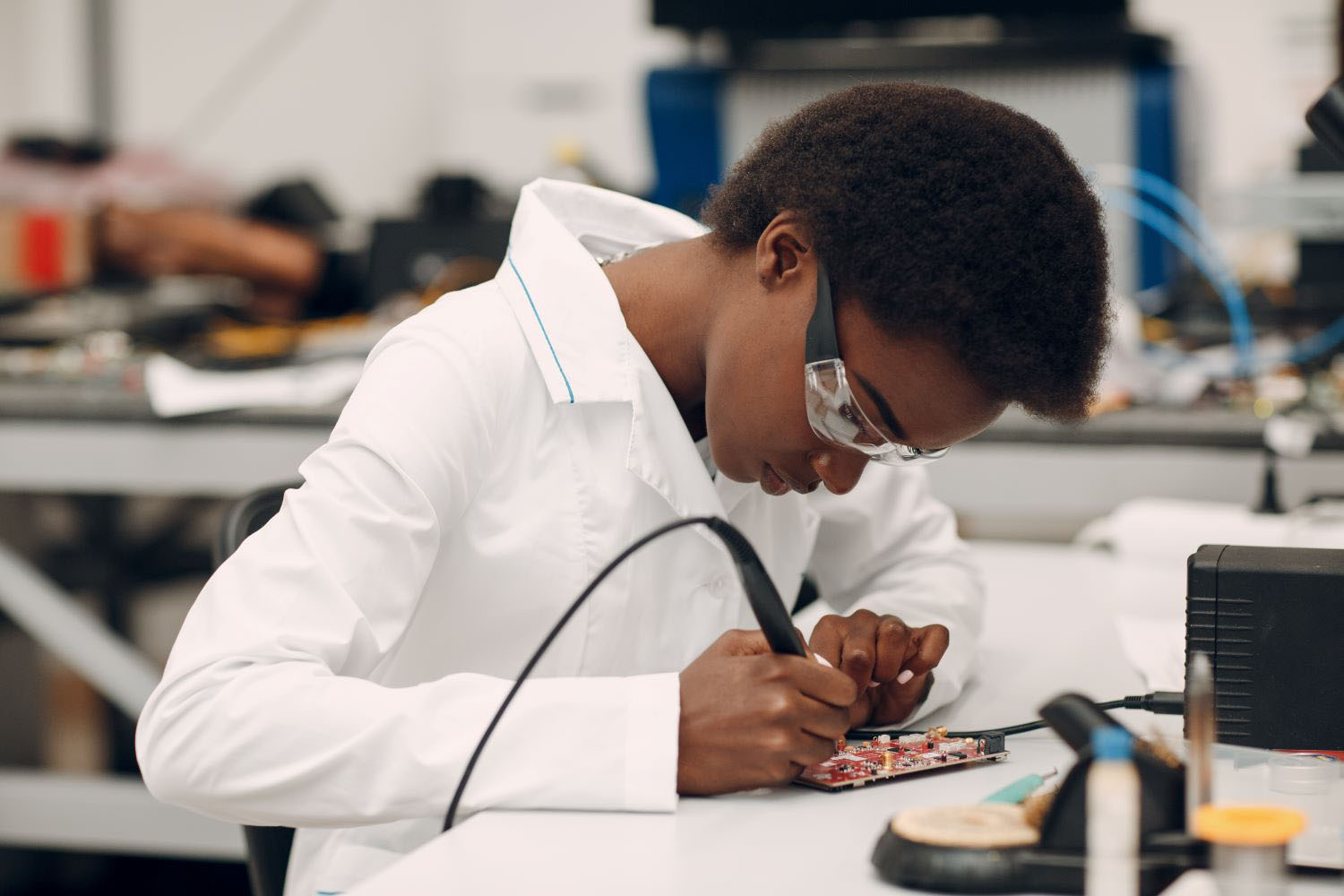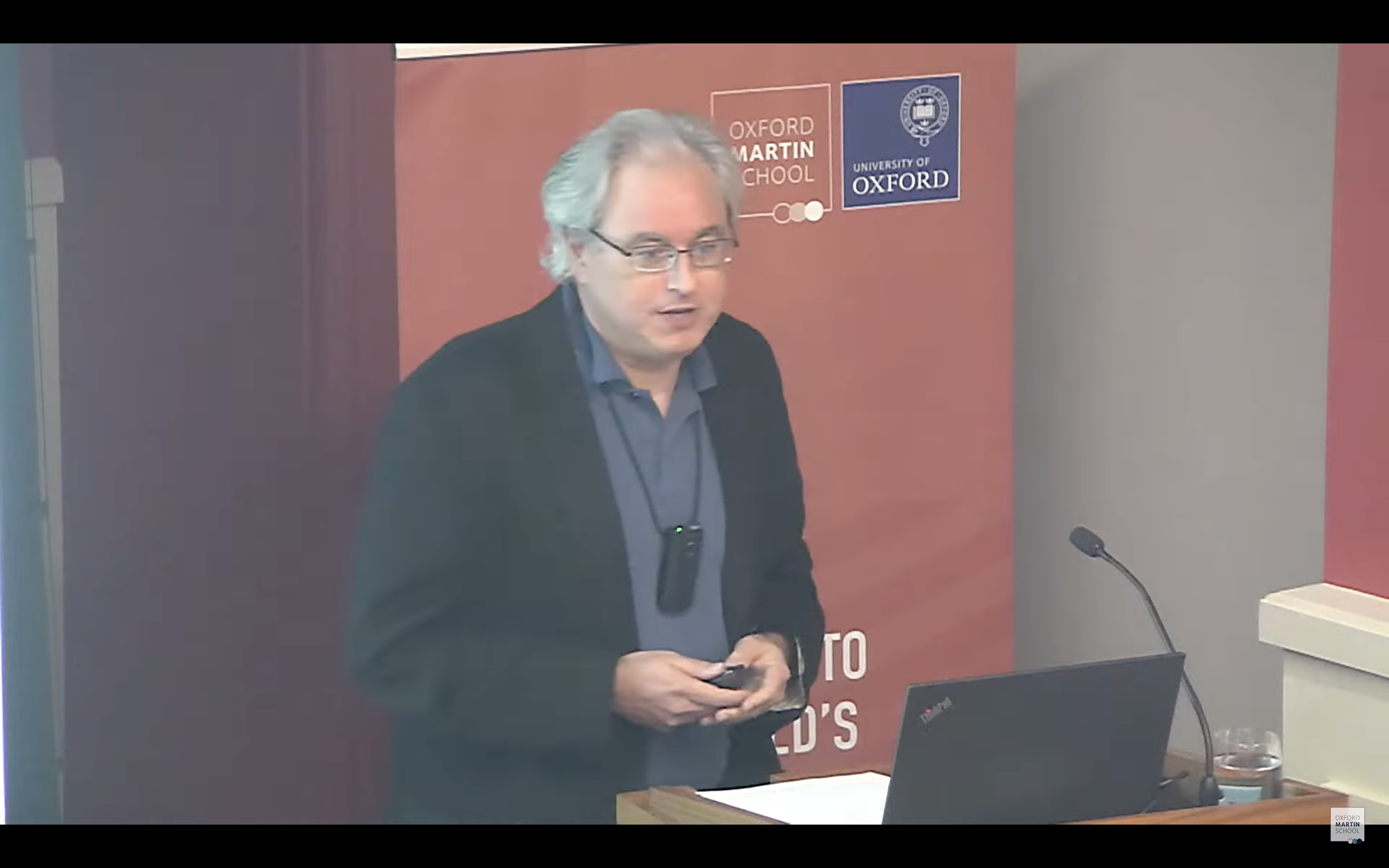Just after the 2006 midterm elections, I blogged about CGD research that suggested the new split between a Republican president and Democratic Congress would increase pressure on the foreign aid budget. CGD Senior Fellow Todd Moss, author of "The Surprise Party: An Analysis of ODA Flows to Africa" to which I referred, has now updated his data. His new note,"U.S. Aid to Africa After the Midterm Elections? A 'Surprise Party' Update" says U.S. aid to Africa has soared under the Bush administration and that a divided government, if history holds true, will lower aid.Todd concludes:
The January 4, 2007 shift in power on Capitol Hill altered the configuration from an all-Republican government to a split one with a Republican president and a Democratic Congress. Based on historical patterns, this change should result in a decline of about $800m in aid to Africa.Of course, the past does not dictate the future. Yet this analysis does suggest that underlying structural and political factors will put pressure on the Africa aid budget over at least the next two years. This implies that the administration will have to make extra efforts to protect the budget for the MCC, PEPFAR, USAID, and others. And for advocates of a robust U.S. aid program to Africa-many of whom likely welcomed the incoming Democratic Congress-this suggests that now is no time for complacency.
A recent Washington Post article by Michael Fletcher, titled "
Bush Has Quietly Tripled Aid to Africa" similarly credits the Bush administration with increasing aid to Africa. And pressure is already being felt in the foreign aid budget and the MCA specifically, as highlighted in Michael Phillips' Wall Street Journal article "
Foreign-Aid Program May be Hamstrung by Budget." But we know that numbers alone tell only part of the development story. How is the money spent? Does it support developing country priorities? Is it coordinated with other donors? Does it reduce poverty? Related CGD working papers on
appropriations trends in development assistance and
fragile states show where the increases might be going, through new channels for U.S. foreign aid, but impact remains to be seen.Todd's "surprise party" checks our assumptions about whether Republicans or Democrats tend to be more "development friendly". Actions of Democrats and Republics over the coming weeks will be revealing. But who among the growing field of presidential candidates will incorporate global development policies into their campaign? Early press coverage (see for example this ABC News report
video) of Sam Brownback's presidential bid cited his efforts to confront AIDS, malaria, and genocide in Africa. Barack Obama's trip to Africa last year also made headlines. And Hillary Rodham Clinton has been a strong proponent of international education programs. But none has articulated a comprehensive view of foreign policy and global development.The past could very well predict the future, but I'm hoping that there is another surprise in store: Presidential candidates from both sides of the aisle that put forth robust policies that are good for developing countries and America's role in the world.Owen Barder, former CGD senior associate who now works with the UK Department for International Development also blogged Todd's update in a new piece "
Are Republicans Good for the World's Poor?"CGD blog posts reflect the views of the authors, drawing on prior research and experience in their areas of expertise.
CGD is a nonpartisan, independent organization and does not take institutional positions.





